Steve Baker’s warning to his colleagues about the way they respond to footballers taking the knee has shaken like a snow globe the debate about the Conservative party and racism. Sir Keir Starmer chose to focus on the matter at Prime Minister’s Questions today, mentioning Baker’s message to fellow Tory MPs. That message said: ‘Much as we can’t be associated with calls to defund the police, we urgently need to challenge our own attitude to people taking a knee. I fear we are in danger of misrepresenting our own heart for those who suffer injustice.’
Baker has put his finger on a problem that his party has. It was perhaps one thing for Tory MPs to be uncomfortable about the genesis of the gesture of taking the knee, given it comes from the US where racism is manifestly different to that in the UK (this is different to saying that the UK doesn’t have a problem with racism, by the way), or indeed to be worried about some of the demands of organisations linked to taking the knee. As Baker says, it is reasonable to want to avoid being associated with calls to defund the police. But it is still possible to decouple those concerns from the wider significance of the gesture, which is seen by a much wider group as taking a stand against racism. It just so happens that this wider group contains the England football team, which has largely managed to avoid the mistakes of many of its past members to the extent that it was possible for the Queen to write last week of her ‘hope that history will record not only your success but also the spirit, commitment, and pride with which you have conducted yourselves’. The way the team explained its decision to take the knee at the start of games underlined that the footballers saw it as being a simple way of saying they stood against racism, rather than as part of any political movement.
It was also a strange fight for MPs like Lee Anderson, who quite obviously has rather less authority on what it’s like to be a young black man in Britain today than, say, Marcus Rashford or Bukayo Saka, to pick. These footballers enjoy far more popularity than even the savviest and most likeable politicians in this country: why bother having a spat with them over their choice of symbol?
Tory MPs understand the importance of symbols as much as anyone. It’s not just the current wars over whether or not to protect statues, but longstanding commitments to, for instance, wear a symbol that commemorates those who have died serving their country in wars. Most give short shrift to those who argue that the poppy has been co-opted by ‘warmongers’ on the grounds that for the majority of the people who wear the poppy, it is a mark of respect. It could be dismissed as mere ‘gesture politics’, which is the phrase that Priti Patel used when asked about taking the knee, because it only amounts to the gesture of wearing a badge (arguably less effort). But humans have always used gestures to show their respect for one another. It’s nothing new. What is new is that the Conservative party has stopped appreciating the importance of these gestures in its rush to pick unnecessary fights.
It is possible to envisage an alternate reality in which the government did not end up seeming so out of touch and unsympathetic to the fight against racism. Had England under-performed in the tournament, its players might have attracted more criticism across the board – including their choice to take the knee.
But as it is, the team’s success and the moving stand by its black stars in the face of racist abuse has made figures like Priti Patel look small-minded. More importantly, the team’s actions has given a bigger, more inclusive meaning to the symbol itself. In the eyes of most Brits, taking the knee has been claimed by these inspiring sportsmen, rendering its links to the radical left and American campaigns against the police far less significant.
But even had things gone differently, there is still a choice about which battles are worth picking, and which ones are best left to others.<//>
Got something to add? Join the discussion and comment below.
Get 10 issues for just $10
Subscribe to The Spectator Australia today for the next 10 magazine issues, plus full online access, for just $10.


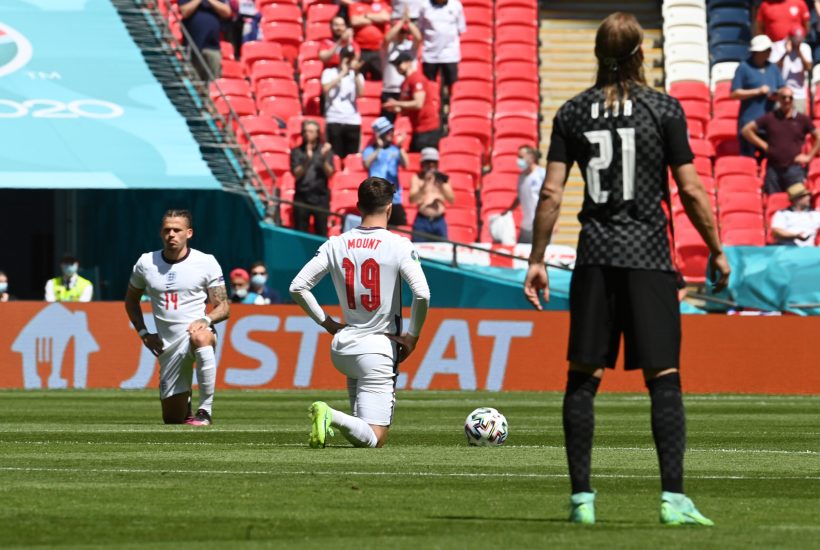
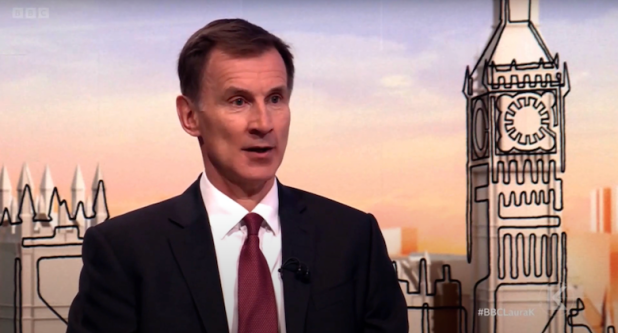
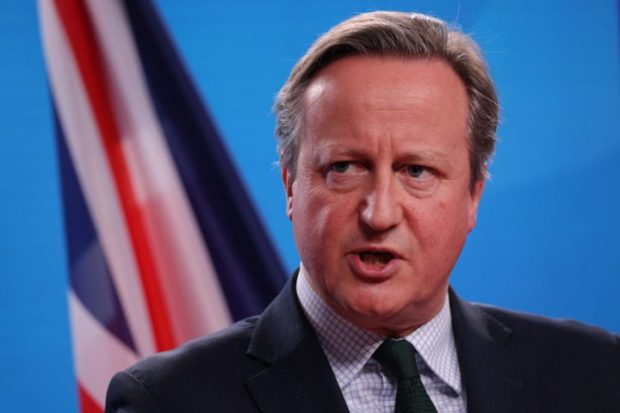
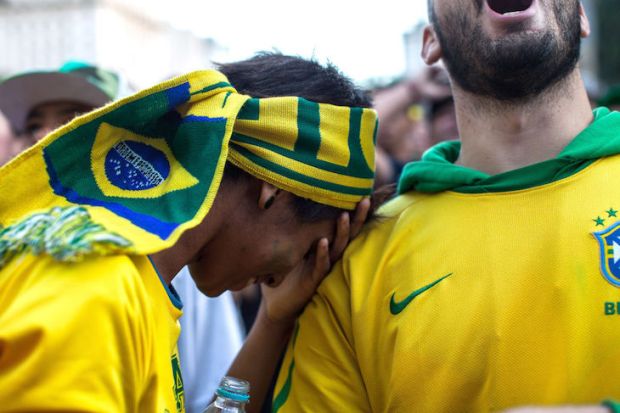
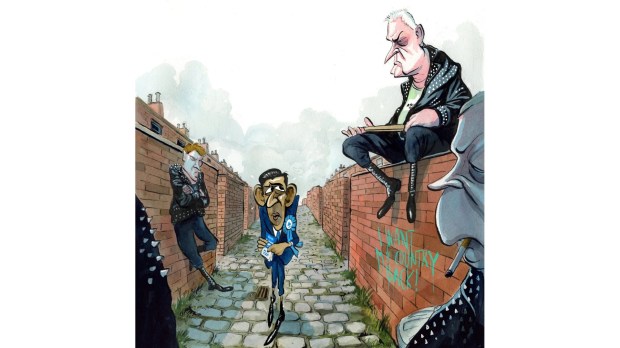
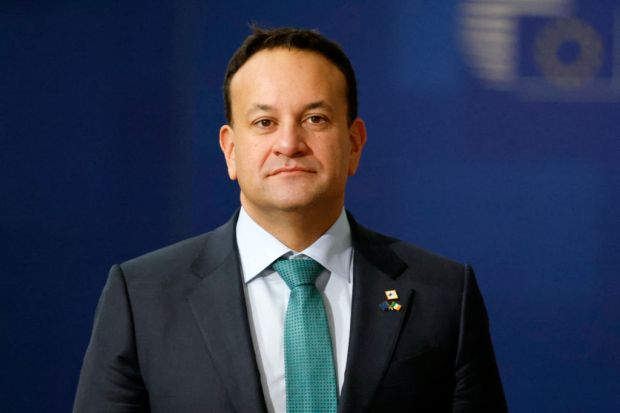











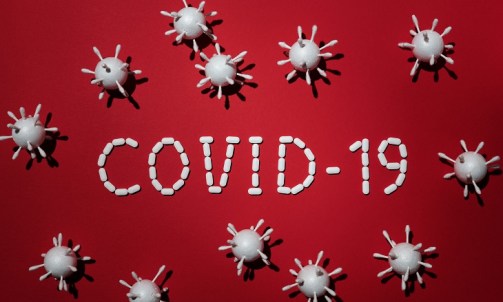
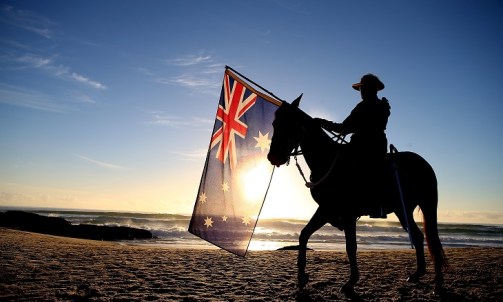
Comments
Don't miss out
Join the conversation with other Spectator Australia readers. Subscribe to leave a comment.
SUBSCRIBEAlready a subscriber? Log in